|
Yesterday, we experienced a moment many speculated about, but others thought would never come: a plea deal for Julian Assange, ending US attempts to extradite him from the UK and getting him out from behind bars at London’s Belmarsh prison. It’s set to be formalised in the US territory of the Northern Mariana Islands later this morning. After that, Assange will return home to Australian soil.
It’s hard to remember a time when developments around the WikiLeaks founder didn’t generate front-page headlines. The coverage has been so copious it’s easy to forget how and why he became significant in the first place. In an insightful analysis, Matthew Ricketson reminds us how Assange generated so much controversy, and why he faced so much political and legal adversity.
Assange has also inspired some strange political bedfellows to rally behind his cause, both internationally and here at home. As Chief Political Correspondent Michelle Grattan writes, stopping his prosecution has enjoyed support across the chambers in a way few issues do.
Someone who knows a lot about what it’s like to be held captive in a foreign country is former journalist Peter Greste, who provided his unique insight into both the personal toll and what Assange’s deal means for press freedom.
We also have US politics expert Emma Shortis’s take on how the US domestic political situation made Assange’s plea deal inevitable, and Holly Cullen’s piece on what this all means legally. After covering all things Assange for us since
2016, Cullen’s expertise is unmatched.
PS. We are in the final week of our annual donations campaign. If you value the insight and expertise of our thousands of academic experts, please consider making a tax-deductible contribution.
|

|
Erin Cooper-Douglas
Deputy Politics + Society Editor
|
|
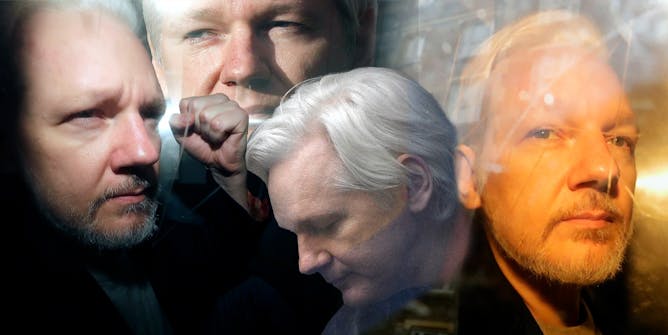
Matthew Ricketson, Deakin University
Julian Assange may be heading for home and freedom, but how high a price has he had to pay for releasing government secrets? And what message has his punishment sent?
|
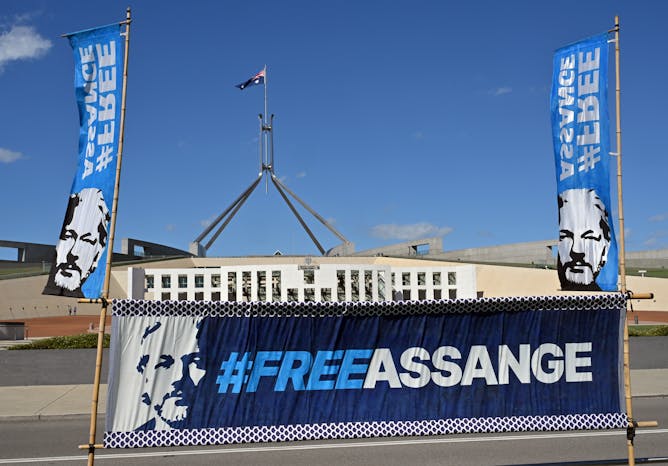
Michelle Grattan, University of Canberra
Assange’s supporters differ in their views about what he did. But there had come to be a general belief, as the PM repeatedly said, that ‘enough is enough’.
|
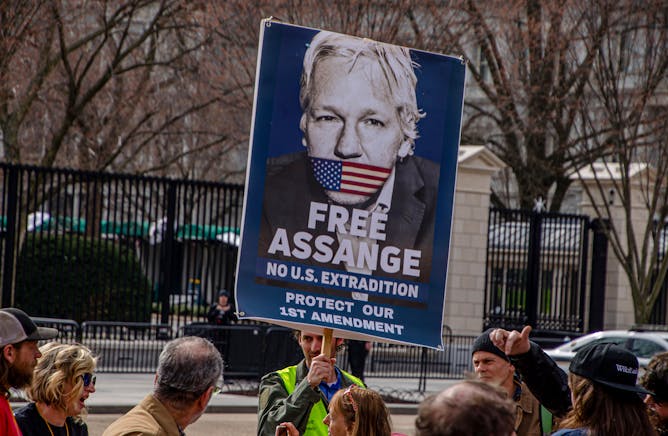
Peter Greste, Macquarie University
My own ordeal in Egypt, where I was imprisoned on terrorism charges, was nothing compared to Assange’s. But I understand the weird blend of elation, confusion and disorientation sudden release brings.
|
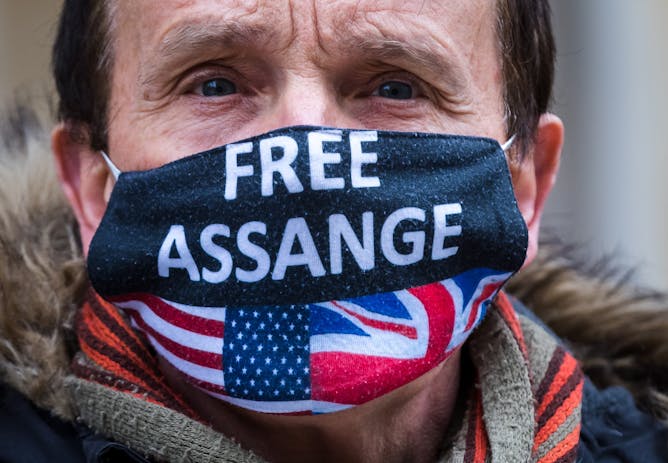
Emma Shortis, RMIT University
The ordeal should prompt deep reflection on the values that underpin Australia’s relationship with its most important security ally, the US.
|
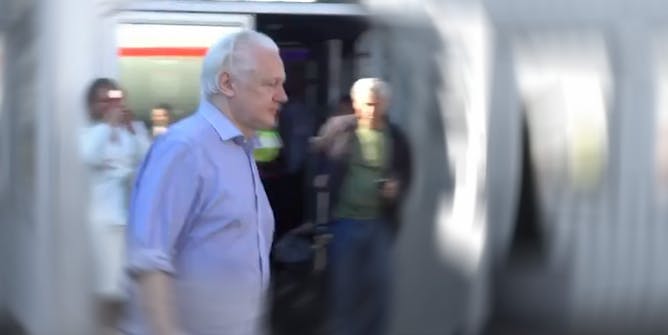
Holly Cullen, The University of Western Australia
The Wikileaks founder will return to Australia after years behind bars and in exile. What happens now?
|
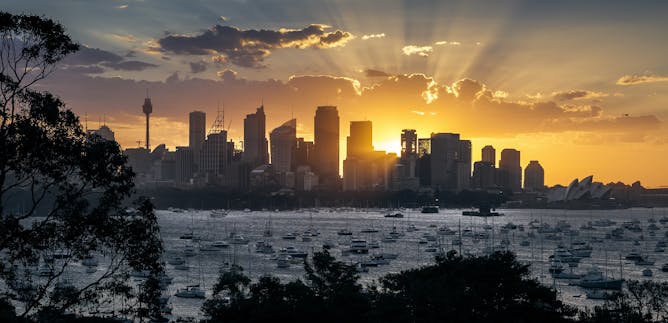
Peter Martin, Crawford School of Public Policy, Australian National University
Interest rates and inflation are lower than expected this time last year. The next set of predictions is likely to be brighter still.
|
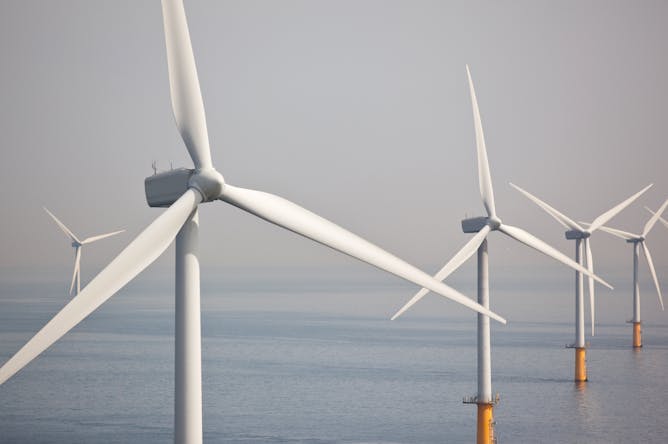
Dylan McConnell, UNSW Sydney
There’s no mention of nuclear in Australia’s latest energy transition roadmap – because our energy market operator can only model power sources legal in Australia.
|

Paul Kidson, Australian Catholic University
New South Wales private school teachers are pushing for a pay rise with the help of their union. They want up to 7% more than their public school colleagues.
|
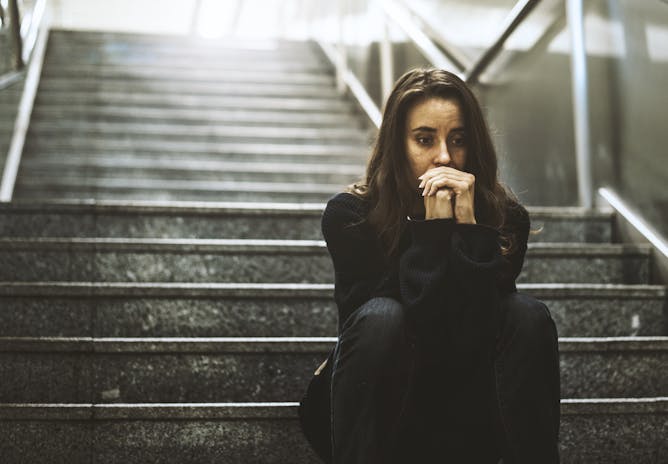
Leila Jameel, Swinburne University of Technology; Imogen Bell, The University of Melbourne; Neil Thomas, Swinburne University of Technology; Rachel Brand, University of the Sunshine Coast
The experience of hearing voices can be very different from person to person, and can change over time. They can be comforting or very distressing.
|
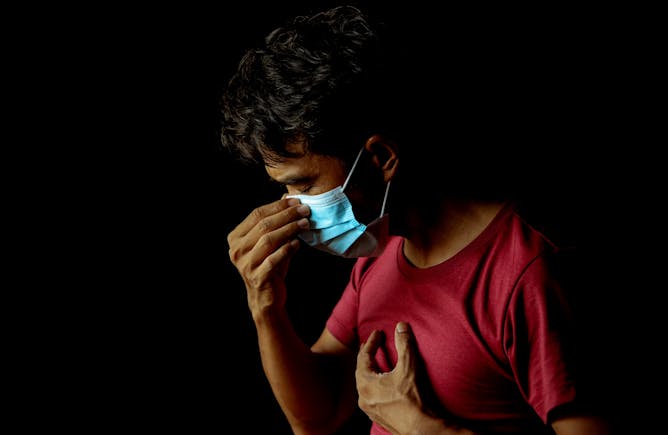
Hamish Wilson, University of Otago; John Douglas Dunbar, University of Otago
Chronic pain is often caused by a hyper-vigilant nervous system which exaggerates the pain signal even after damaged tissue has healed. Similar processes are at play in persistent fatigue.
|

Sam Whiting, University of South Australia
A new watchdog website is shedding light on which artists and genres the youth broadcaster is really prioritising.
|
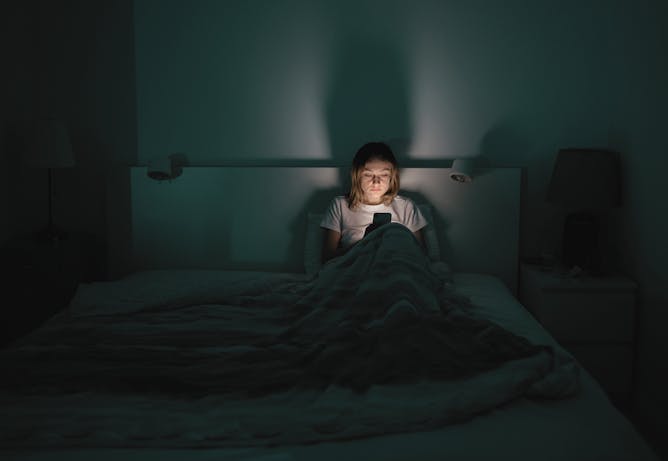
Melissa Humphries, University of Adelaide; Lewis Mitchell, University of Adelaide
Contrary to what you may have heard, your mindset may be the biggest thing affecting how social media connects to your wellbeing.
|
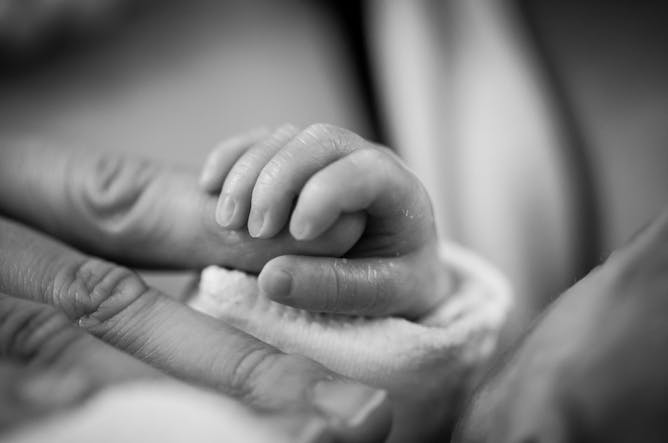
Amy Walters, Australian National University
Cultural historian Clair Wills reflects on the secret cousin born in Bessborough Mother and Baby Home, which at one point had a morality rate of 75% – and her family’s complicity in a national tragedy.
|
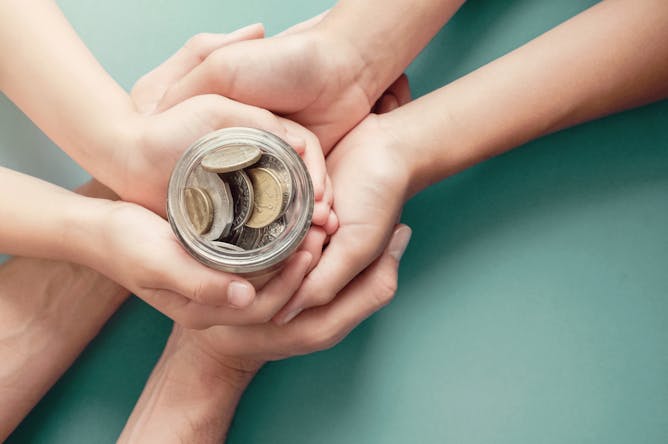
Jamie Thwin, Griffith University; Brett David Freudenberg, Griffith University; Melissa Belle Isle, Griffith University
The use of family trusts in Australia is more widespread than many realise. How do they work, and why are they controversial?
|
Politics + Society
|
-
Michelle Grattan, University of Canberra
Labor senator Fatima Payman has crossed the floor to support a motion backing a Palestinian state against members of her own party.
|
|
Health + Medicine
|
-
Nicole Lee, Curtin University
The traction drug checking is gaining in Australia reflects local and international evidence showing these services reduce harm for people who use illicit drugs.
-
Theresa Larkin, University of Wollongong; Judy Pickard, University of Wollongong
Normally, breathing happens automatically. But we can control our breath, by directing the movement of our diaphragm and mouth. And the benefits are significant and wide-reaching.
|
|
Environment + Energy
|
-
Andy Baker, UNSW Sydney; Margaret Shanafield, Flinders University; Marilu Melo Zurita, UNSW Sydney; Stacey Priestley, CSIRO; Wendy Timms, Deakin University
Groundwater sustains life, from farming to wild animals. But we don’t fully know how quickly it recharges.
-
Chris Briggs, University of Technology Sydney; Ruby Heard, The University of Melbourne
Our new report makes 12 recommendations for how industry, government, educators and First Nations communities can create jobs and fulfilling careers in clean energy.
|
|
Arts + Culture
|
-
Catherine Campbell, University of South Australia
Now in its 24th year, the Adelaide Cabaret Festival’s annual celebration of all things cabaret sparkles and shines.
|
|
Business + Economy
|
-
Megan Phillips, Auckland University of Technology; Sommer Kapitan, Auckland University of Technology
New research shows how supermarkets can use the smell of mixed herbs such as thyme, rosemary, oregano and basil to influence shoppers buying choices.
|
|
| |
|
|
|
The Conversation AU
Melbourne VIC, Australia
•
Full Time
|

|
|
James Cook University
Cairns QLD, Australia
•
Contract
|

|
|
|
|
| |
| |

|
| |
| |
| |
Featured Events, Courses & Podcasts
|
View all
|
|
|
|
| |
| |
| |
| |
| |
|
|